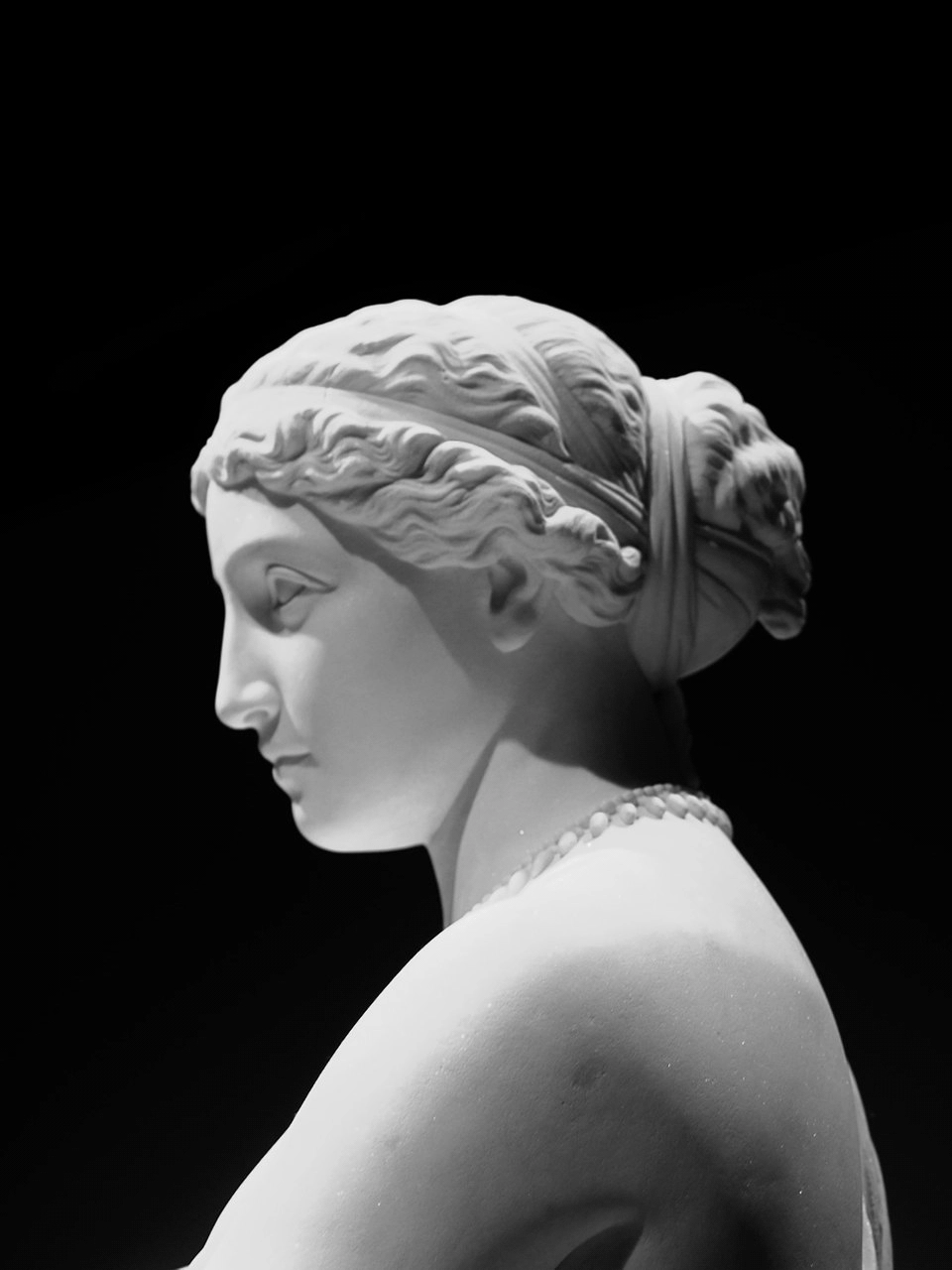We will see some of the Tamil words for God used commonly.
Kadavul : Its one of the interesting word formed in Tamil, “Kadavul” the word refers to God, and this word sounds similar to the english word “God”. Now we will split up the word KadavUL into its basic sounds to get the meaning. Ka+da+vu+l literally means, Gains + moves + inside The “Ka+da” here means “Gains + Moves”, so Kadavul literally is one who “Moves everything” Other explanation is Ka+da =”Gain + Move” means to “Cross or Overcome” and “Vul” is whatever existing.. so KadaVul =One who had overcome the self or existence. Lets see the other words for the different names of God.
Iraivan: Irai+van an interesting word, இ+றை(e+rai) (the sound “Rai” means “take to + within possession” இறை என்றால் “விட்டுவிடாமல் பிடித்து வைத்திருப்பவன்” Or the finality or totality, nothing above or below it.
Deivam: தெய்வம் : தெளிவு படுத்துபவை (Those which Explains/Announce/Guides to the goodness) Is another great word and has a very deep meaning. It doesn’t mean a God or a person but it represents the nature’s actions and reactions that guides anyone. These are natural objects/forces and events that favors anyone with some help, The Sanskrit word Deva is again means the same Tamil word Deivam, as the original concept of Deivam’s got forgotten in history and the various Deivam’s became personalities with unique traits shape and form. In Semetic religions, the equivalent are the angels.
MuruKan: is called Tamil Kadavul, this word “Murukan” often refered as Murugu, Mu+Ru+Ku mean Mu=Occupying a place inside + Ru + That which is taken inside + Ku/Ka=Gaining inside, here Muru means “That which is trying to get inside, to a state of locked up, Murugu means to get into a difficult situation, locked up and not able to come out of it. So Murugan worship is performed by going to pilgrimage by walk, running by taking the kaavadi and this one of relaxation and relieving technique, an age old method to relieve from stresses accumulated in one’s stationary life . Murugu Aatrupaduthal simple should be realted to Stress relieving. In Tamil dictionaries refer Muruku as the act of destroying, breaking up, Twisting up etc… Murugan and other Tamil kadavuls(Gods) are often called as “Ayyan, Ayyanar, Ayyappan” meaning again one who is capable of teaching or worth following. Murugan also called as Arumugam(six faced) or SanMugam(multiple faced), the multiple faces is referring to the six realms he is present.
PerumAl: The almighty.
Sivan: is widely Worshipped God in India and Tamil Nadu, refers to the one who transforms/destroys. Realized to be One of primary function of the universal force. The word claimed to be of Sanskrit origin. The sound meaning I give, Si= Join with not to give away, Va= Visibility/Come-out, Si- Sithai, Sithar represent not in shape, strength, So the word SIVA could mean, who helps in difficult situations, to come out of difficult situations. Or one who shows up in difficult/destructive state.
Shakthi: Widely worshiped as women god with different other names, Here the word Shakthi refers to strength, Sa/cha= refers to “join with” and thi- the state. So Chakthi= literally refers to something which is in joined state/shape, roughly it refers to the creation of objects as forms.
Easan: Refers to Siva but also a common name for Gods.
Ayyanar: One who answers our problems or one who can guide us.
Aandavan: “Aand+Avan” means the first one who controlled/ruled everything (the 5 senses).
Ganesan: Kana+Easan in Tamil could mean one who “Watches and Gives” “Kanithu Koduppavan(கணித்து ஈபவன்)” Kana in Kanavan(Husband/Savior/Guardian/One who watches), Kanakku(Calculating), Kanal etc all came from the Tamil word Kan(Eye), the source of Gnan,Know etc…
God in Thirukural: We will see what is Thirukural’s God, the first few verses that praises God, speaks about following the one,
- The en-lightener/Distributor, (பகவன்)
- One who came with that great knowledge about the unknown,(வாலறிவன்)
- The one who went on to reach the flower (மலர்மிசை ஏகினான்) (Indirectly it means Spiritual enlightenment)
- The one who wants us to follow the middle path, just.
- One who has no requirements,
- One who cant be compared with anything,
- The One who conquered the five senses,
- One who follows Aram, “Aram” the Tamil word means Doing Good the equivalent of the word Dharma,
The paths that Thiruvalluvar refers in his Kurals are about an earlier form of Buddhism or Jainism or Ajivikam and should predates the time when these religions personified their own Gods with stories and myths and complicated their religions, Kural respects knowledge and accepts that anyone can become a Guidance giver(God) when he follows the good path, it says in its first Kural that everything starts from the first one(Aathi Bagavan). Here I should not have used the word “God” as Kural do not talk about a creator, protector or anything of that sort but refers to “Iraivan” as one who is worth following or one who teaches us.
Lastly I need to bring in this verse from “Choodamani Nigandu” about who is the God(Iraivan)
“கடையிலா ஞானத்தோடு காட்சி வீரியமே இன்ப. மிடையுறு நாமமின்மை விதித்த கோத்திரங்களின்மை. அடைவிலா ஆயுஇன்மை அந்தராயங்கள் இன்மை உடையவன் யாவன் மற்று இவ்வுலகினுக்கு இறைவனாமே”
“One who has Infinite wisdom, Infinite presence with power and bliss(happiness). One who has no specific name or identification to describe Him. One who has no restricted lifespan and no end or change to Him. He is the one who is the God to this world.”

Leave a comment